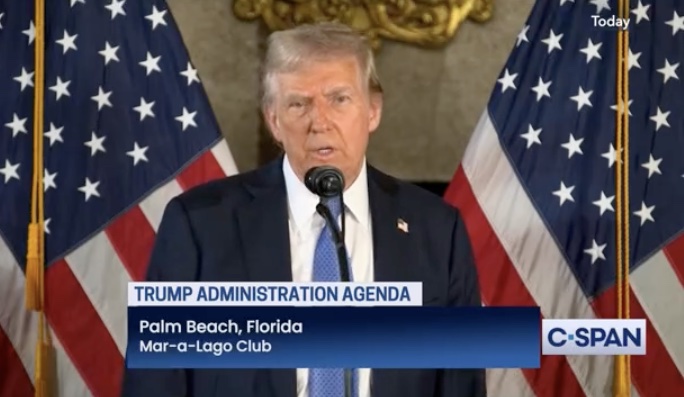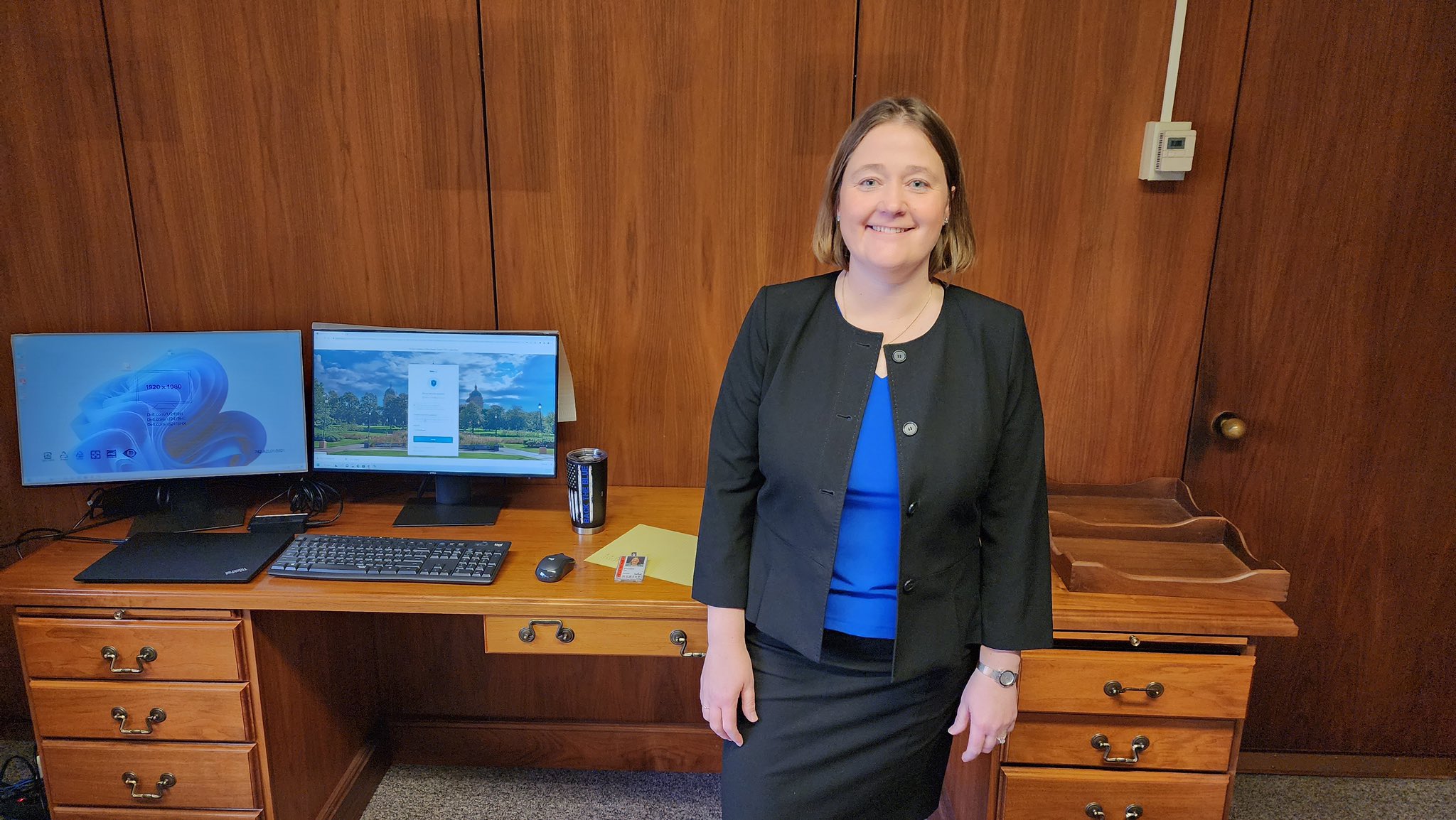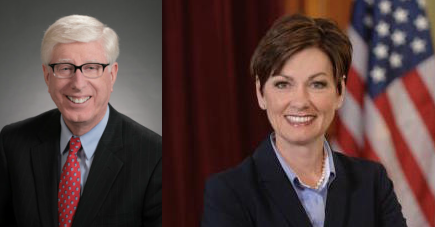Senator Tom Harkin is among 13 senators (eight from the Banking Committee, five from the Agriculture Committee) named to the conference committee that will reconcile differences between the financial reform bills approved by the House last December and the Senate last week. The House will also have 13 representatives on the conference committee. For lists of the key differences between the bills, see Pat Garofalo’s Wonk Room chart and this post by David Dayen. Harkin’s office released this statement on Tuesday:
“Over the last year, Wall Street has repeatedly tried to kill this reform with hundreds of lobbyists and millions of dollars in ads. From my seat at the table, I look forward to ensuring that effort will have been in vain,” Senator Harkin said. “I plan to do everything in my power to preserve the bill’s integrity, strengthen its consumer protections, and stop the reckless financial wheeling and dealing that destabilized our economy and threw millions of Americans out of work. And, given the dangers they pose if not properly regulated, I plan to focus on preserving the key reforms in the Senate-passed derivatives portion of the bill. The Restoring American Financial Stability Act is a step in the right direction, and I look forward to improving it in conference.”
He’ll have his work cut out for him if he wants to preserve the Senate language on derivatives. Dayen wrote last week,
Everyone expects the 716 provision, which forces the mega-banks to spin off their swaps trading desks, to be excised in conference. But Michael Greenberger believes something like it will be retained. The House’s derivatives piece is a mess and nearly useless, but [conference committee chairman] Barney Frank has admitted a mistake on that front, and wants to preserve strong rules against derivatives, like in the Senate bill.
The smart money is on the conference committee dropping the strong derivatives language after the Arkansas Democratic primary runoff election on June 8. Until then, corporate hack Senator Blanche Lincoln needs to be able to brag about standing up to Wall Street lobbyists.
Here’s another battle Harkin should fight during the conference negotiations. On Monday the Senate passed a non-binding instruction to the conference committee supporting “a special exemption to shield automobile dealers from the oversight of a new Bureau of Consumer Financial Protection.” The House bill already contains that exemption. Harkin was among the 30 senators who voted against that instruction, while Republican Chuck Grassley was among the 60 who voted to limit the oversight of the new consumer protection unit. Of the 13 senators named to the conference committee, six voted against the instruction on automobile dealers, four voted for it, and three did not vote (roll call).
According to the White House blog,
The President has been clear on this issue, repeatedly urging members of the Senate to fight efforts of the special interests and their lobbyists to weaken consumer protections. The fact is, auto dealer-lending is an $850 billion industry, which is larger than the entire credit card industry and they make nearly 80 percent of the automobile loans in our country.
Is there any question that these lenders should be subject to the same standards as any local or community bank that provides loans?
Auto dealer-lenders sell auto loans to working families every single day, and while most dealers are no doubt above board, some cannot resist the bigger profits that come from inflating rates, hiding fees, and tacking on over-priced add-ons.
In this kind of situation, President George W. Bush would make his demands clear and tell members of Congress to send him “a bill I can sign.” We’ll see how far President Obama is willing to go to keep consumer protection provisions in the Wall Street reform bill.
Continue Reading...







